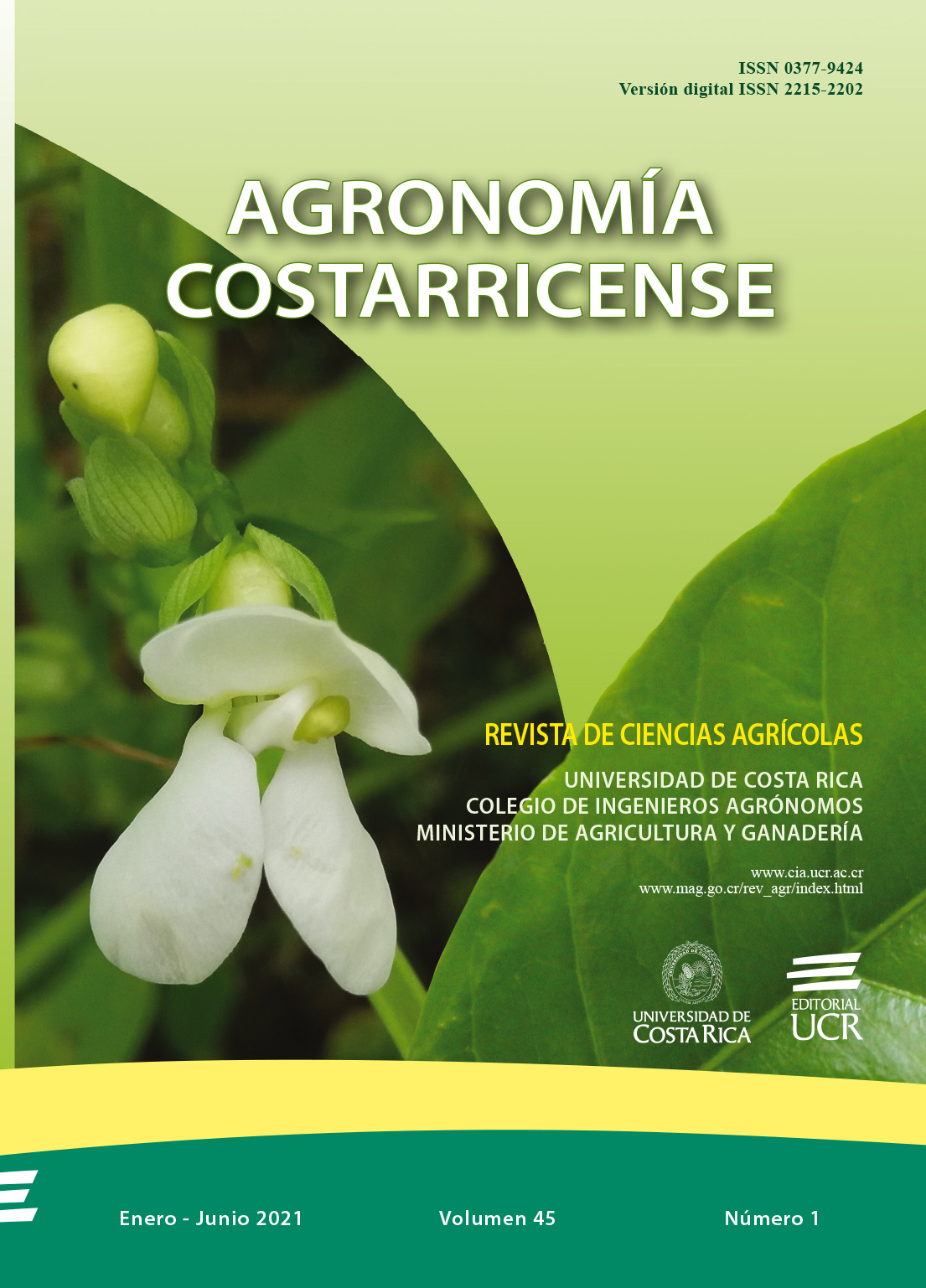Abstract
Introduction. The situation of inadequate management of resources in corn production systems stimulates the development of new strategies that are aimed at improving the quality, fertility and health of the soil together with its environment. Including the use of amendments, to solve the limitations presented in the growth and development of the crop such as the anthropogenic type problem that mainly affects soil quality (alkalinity, salinity). Objective. To evaluate the effect of 3 soil amendments on the growth and development of the corn crop was evaluated using an organic mineral fertilization plan. Materials and methods. The trial was established at the Finca El Danubio located in Duaca in northwestern Venezuela with a completely randomized block design with 6 treatments: T1: Don Manuel compost (CDM); T2: Fertile Minco compost (CMF); T3: Phospho- Plaster (FY); T4: CDM + FY; T5: CMF + FY and control without amendments. They were applied manually in the seeding furrow, while organic fertilization with 16 products and mineral (urea) were applied through irrigation from 15 and 22 days after planting. Results. The results found show that the compost preparation formula fertile Minco increased the growth variables, plant height, number of leaves and leaf area, the highest corn yields for silage and total dry matter were obtained with the compost preparation Don Manuel and fertile Minco. No effect was found to the application of organic amendments in the nutritional variables of the plant. Conclusion. Forage maize production can be carried out, through organic amendments since they have generated positive effects on crop growth and production.


